Compost is Black Gold
Most gardeners will be familiar with compost. It is sometimes referred to as black gold, and this name is understandable: it is black, and it is worth so much. If you are planting new plants, or if you are feeding the topsoil, or if you are making cuttings, compost is one of the most valuable things a gardener can have. But not everyone makes their own compost. And with so much information on the internet, some people can be scared to start with their compost journey. We as modern humans are so afraid to begin, and we read so much on the internet about what other people did that we postpone beginning. Composting can be approached with two sides of a spectrum: very clinical and calculated, or very loosely and haphazardly. In this post, I will give you my approach to composting, why you should not be afraid of making your own (if you have the space and means), and why I think making compost will be one of the more important things you do in terms of health (mental health, soil health, and physical health).
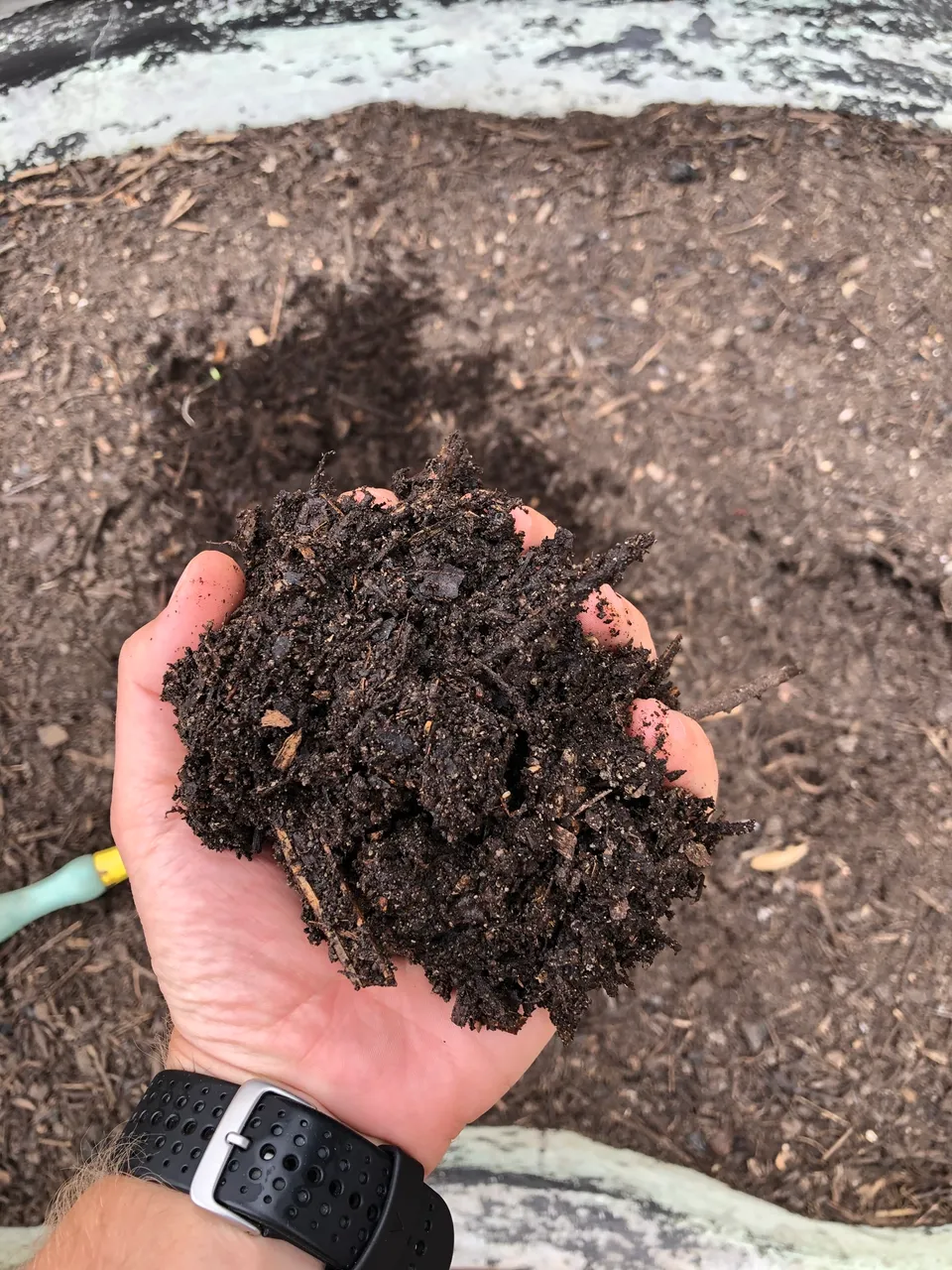
Don't Be Afraid of Composting
There are various ways in which you can approach making your own compost. You can get real technical and scientific about it. You can measure your ratio between browns and greens, and there are reasons why you should worry about this. But life is too short and my own approach to making compost is not rule-bound. There are reasons why you would care about the ratio, if you are planting specialized plants, for example. But for the majority of people, I would reckon that composting will not be for this specialized application.
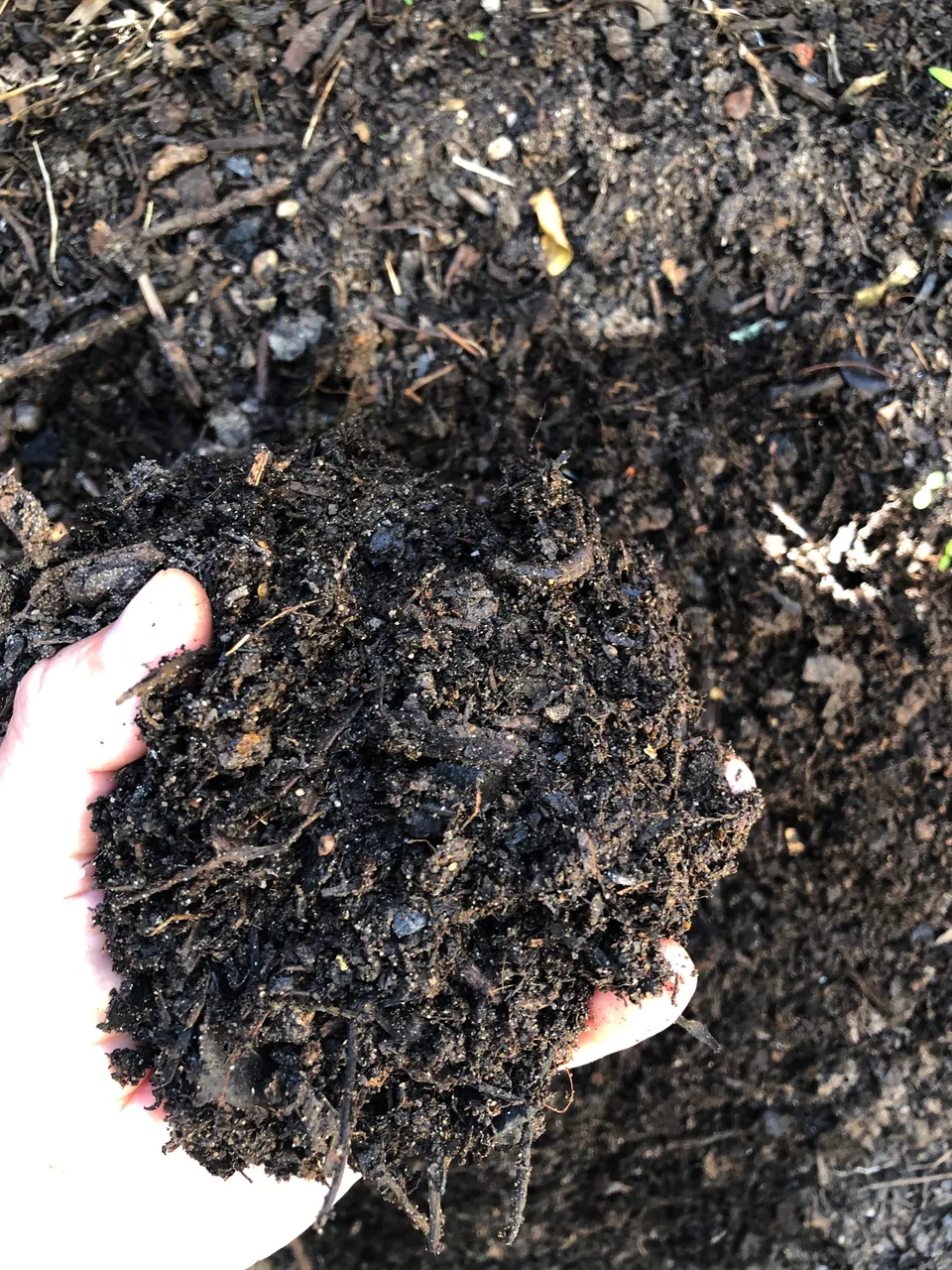
What is compost? If you are a gardener you will already know. But briefly, composting is the breaking down of kitchen scraps, garden waste, and other "natural things". The result is compost, or black gold, or a host of other scientific names. There are three main stages in composting. If we want to be fancy, we can call them what Wikipedia calls them: (i) the Mesophilic phase, (ii) the Thermophilic phase, and (iii) the Maturation phase. In simple terms, the first phase is the starting of the breakdown process in moderate temperature, the second happens at really high temperatures (60C), and the third phase is back to normal temperatures. It is said that when your composting is done right, you can cook an egg in it and also that all the seeds of plants will die. I know a lot of people make black garlic in their compost heaps. It really gets hot! Here are some images of the "stages" of "phases". Or they are more simply put photographs of the start, middle, and end of two of my compost cycles, one I did in 2020, and one I did last week.
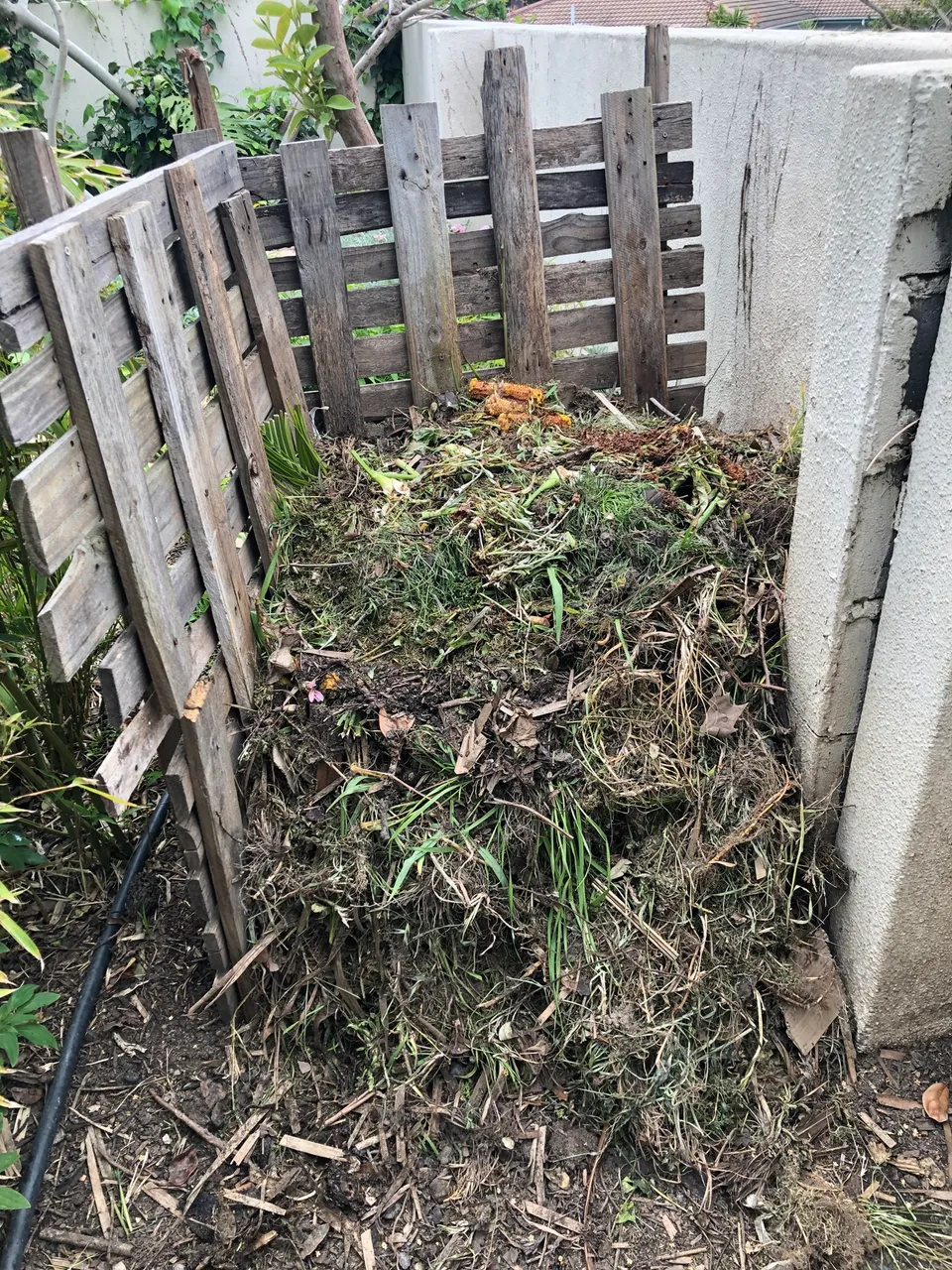
This is a compost batch I did in 2020. Here you can see all the new material that still needs to be broken down.
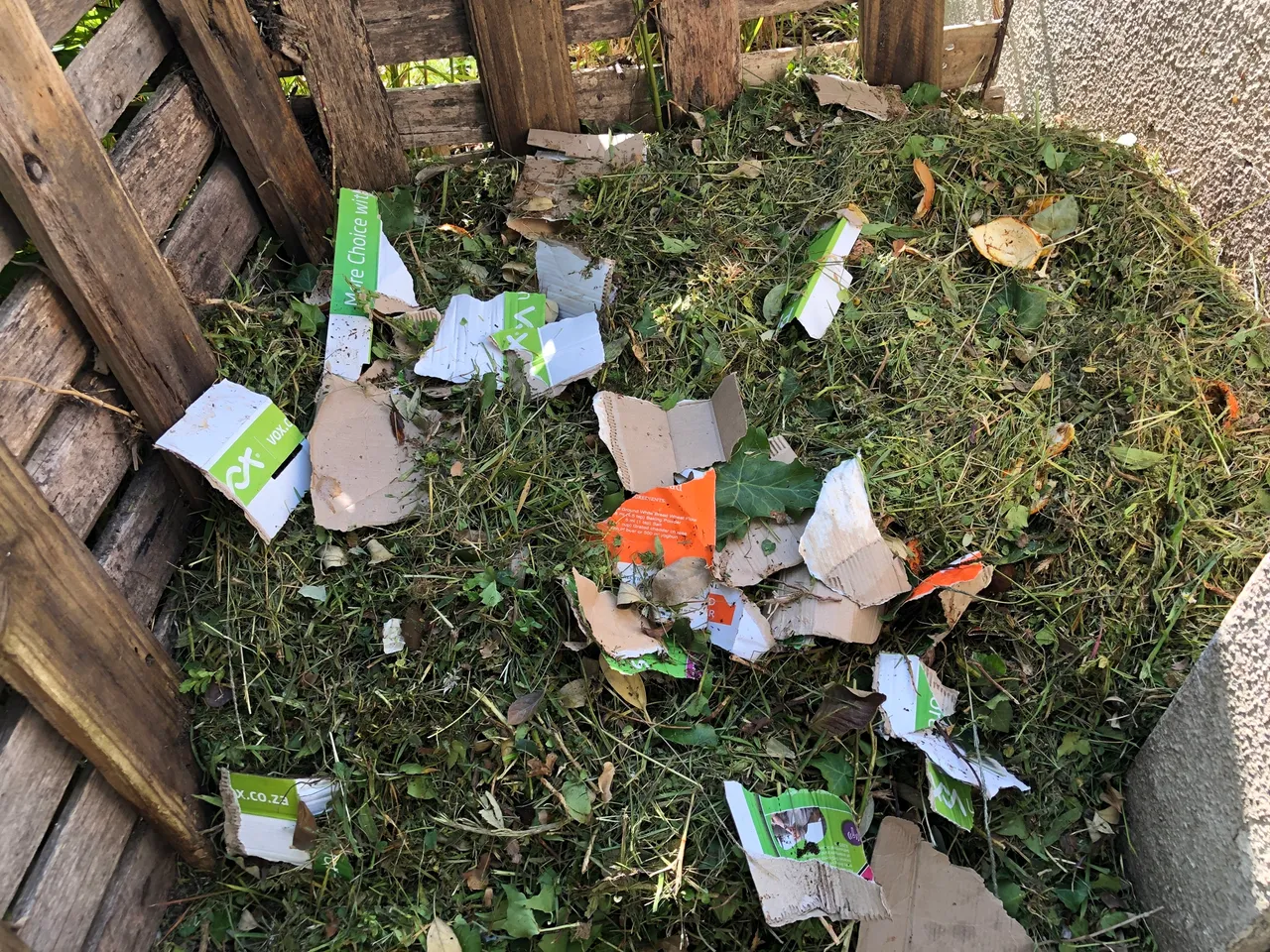
Here you can see my new batch I started last week or so. Nothing is broken down yet.
The next stage is when things heat up and all the color starts to fade to the black we know compost to be. Or it turns white with bacterial and fungal growth (I also think Mycelium growth).
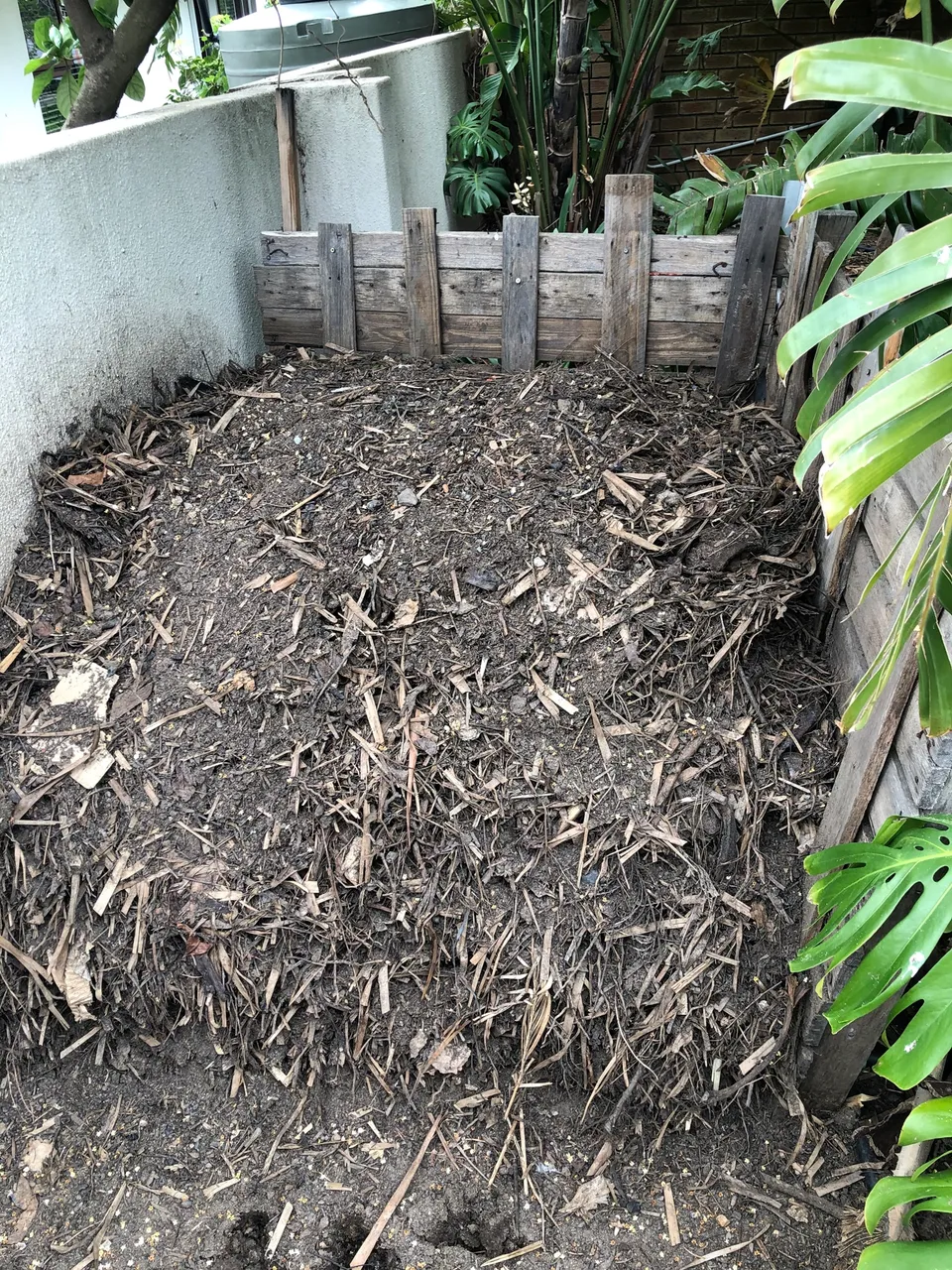
The contrast in color is evedent. This is the 2020 batch. I tried composting palm tree leaves, but it did not really work!
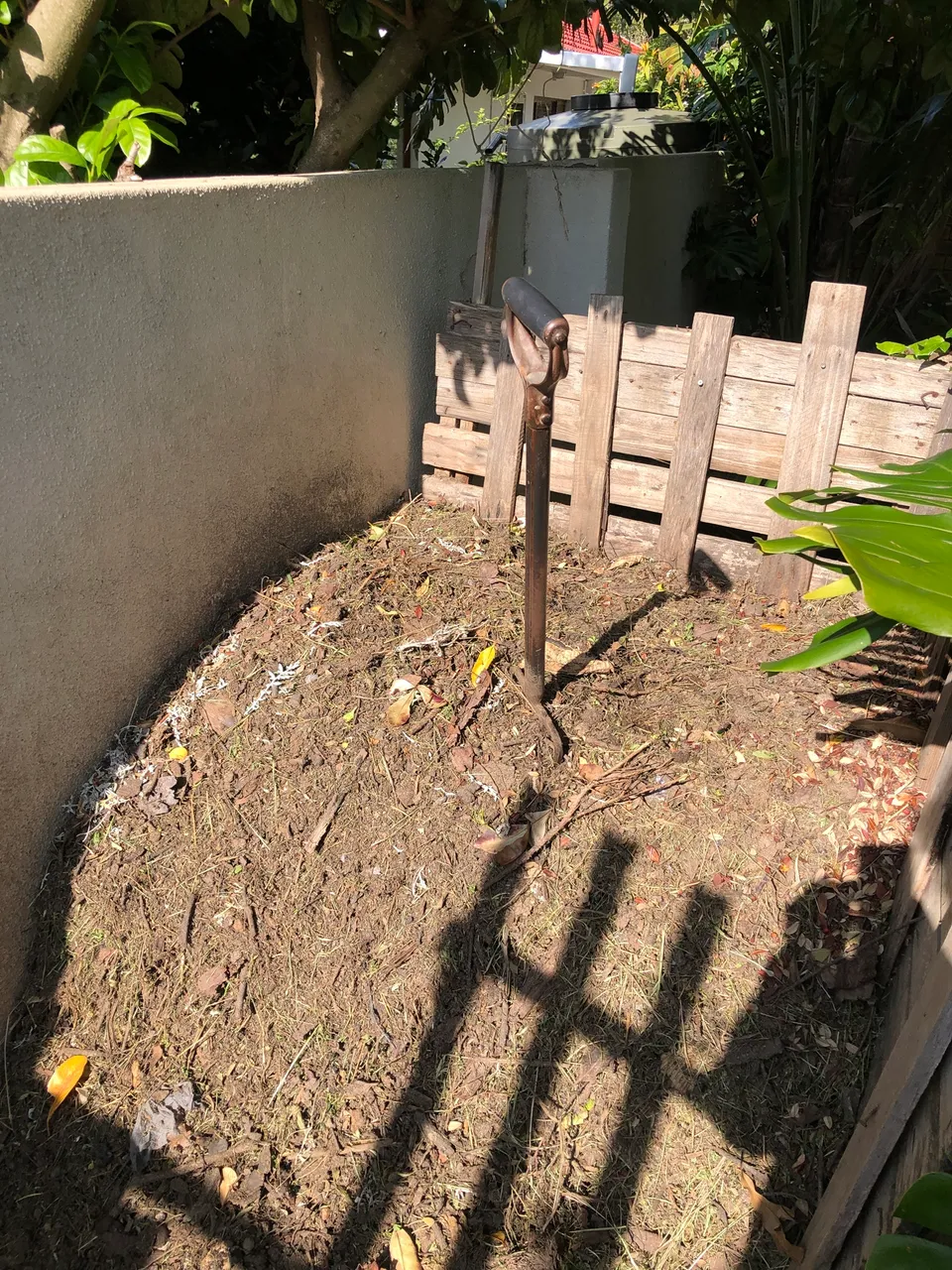
The sun shines on the heap in the early morning, but it is the familiar dark color. This batch got sifted out later and the product was quite nice:
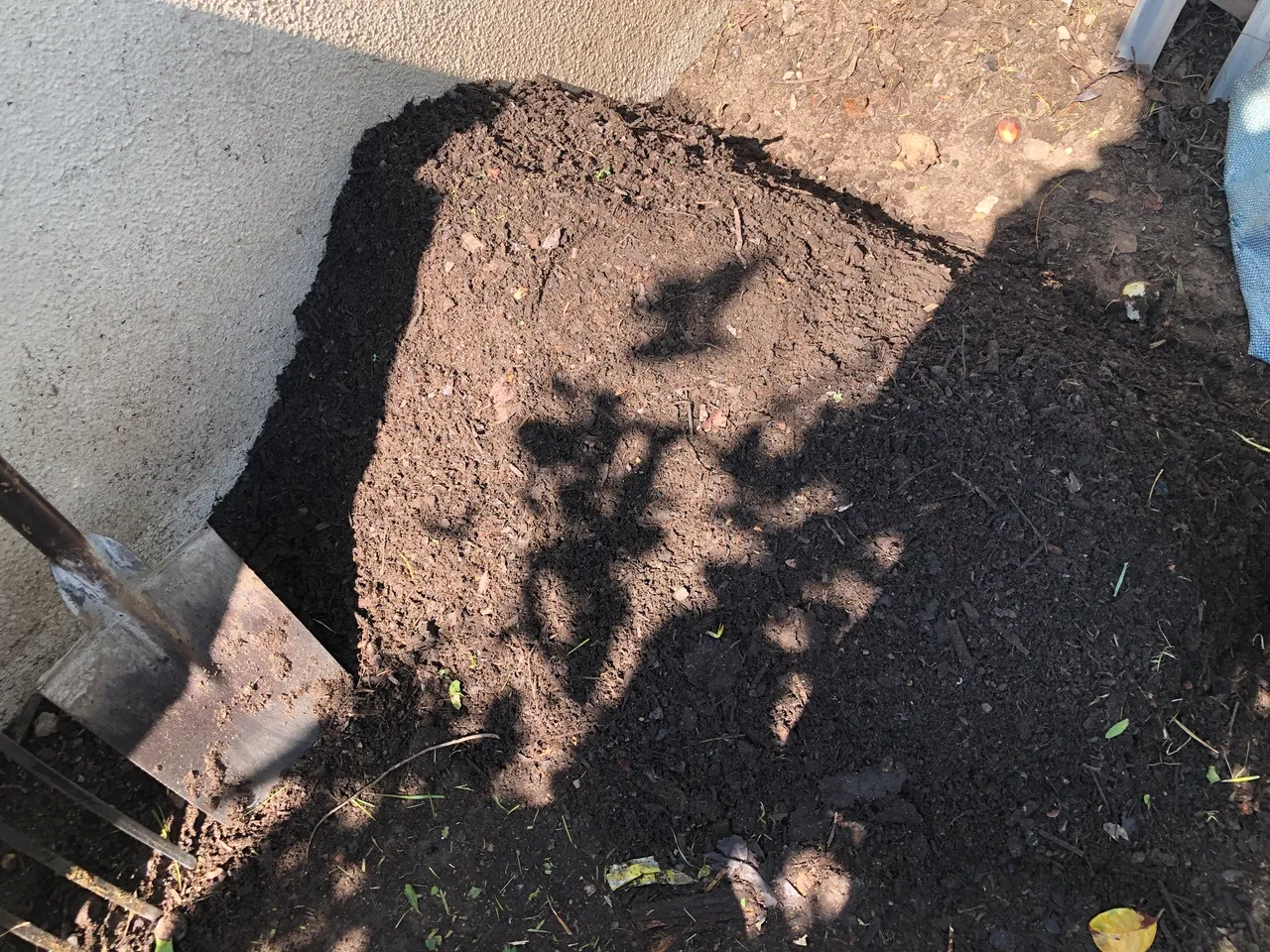
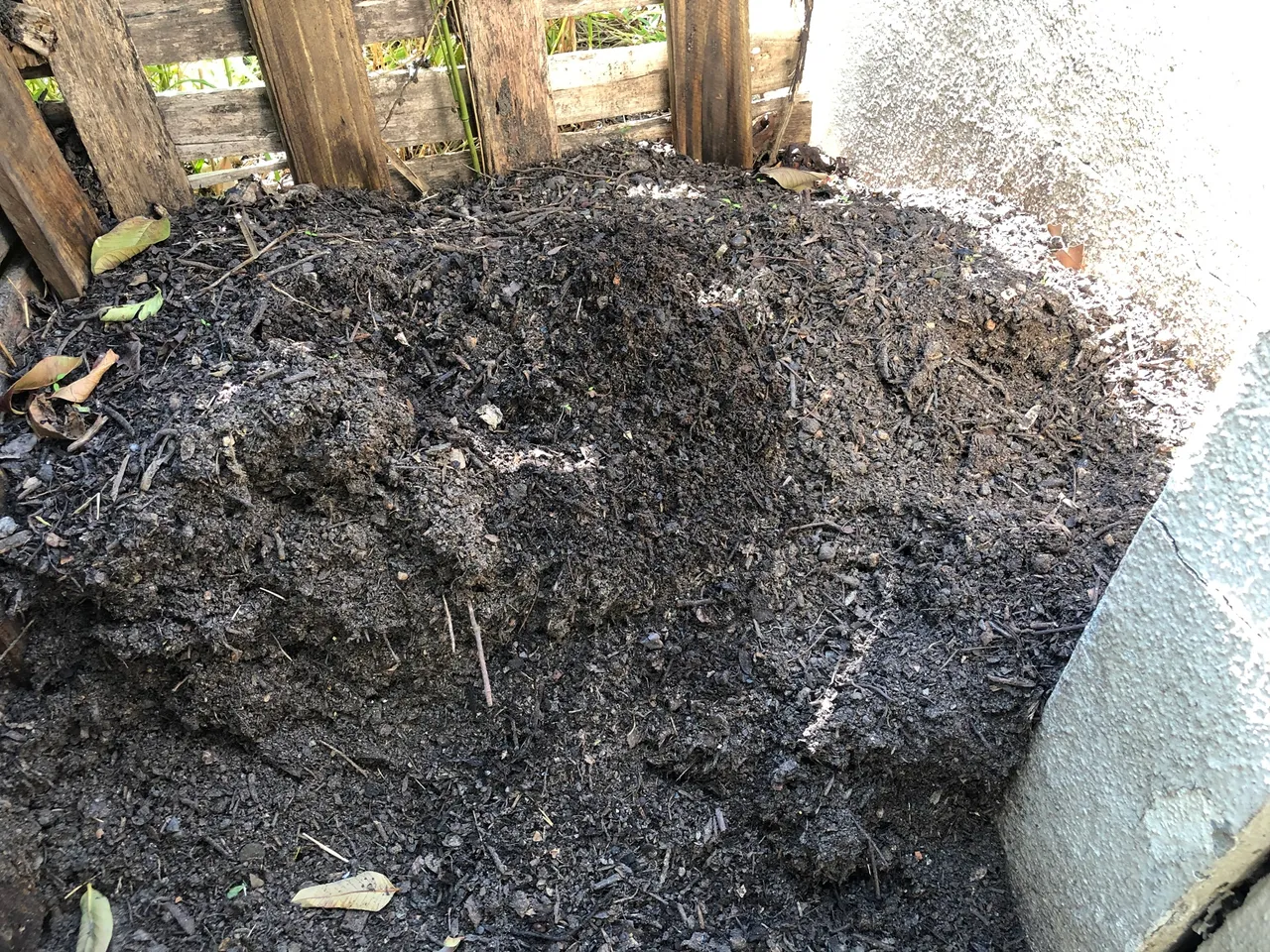
Various bugs live in the compost. I particularly love the Pill bugs. They are so cute to me. They help with breaking down especially woody elements.
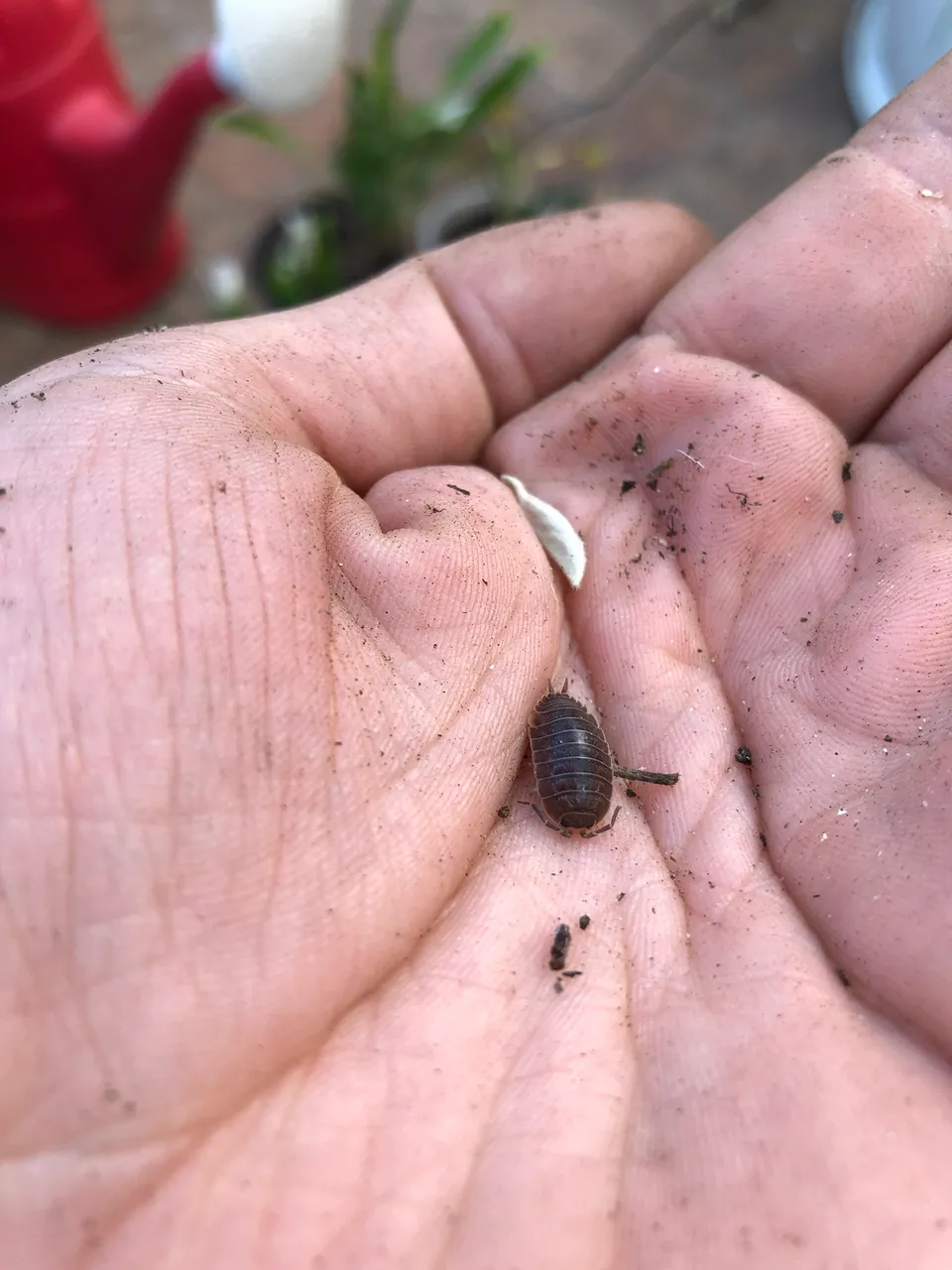
A last technical term: your compost can be aerobic or anaerobic. This simply means with air (aerobic) or without air (anaerobic). I generally "turn" my compost every three days or so. I work new material in until I get to roughly a cube (1m x 1m x 1m) of material. The benefit of aerobic composting is that it turns into compost in a fraction of the time, and to me, the most important element is physical and mental health. I discuss this below. But before that, a quick manifesto for haphazard composting.
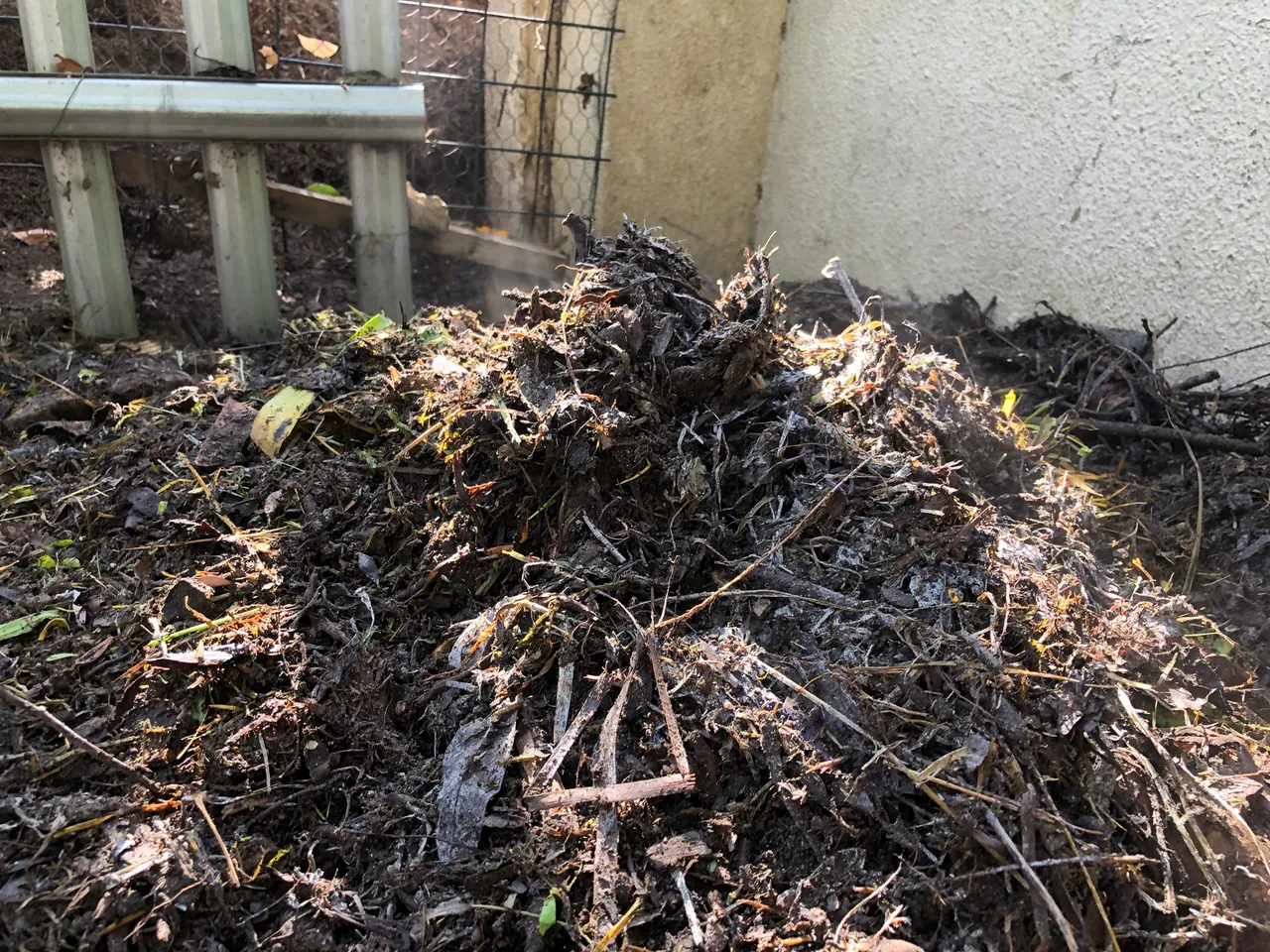
A Quick Manifesto for Haphazard Composting
There are general rules for beginners to follow to add the appropriate amount of green and brown elements into your compost. I say, do away with all this! My reason is simple: I am making compost to feed the soil, to help with my reduction of waste that gets driven away to landfills, and I am trying to mimic nature. I know I am contradicting myself in some of the things I am saying here, but I feel we do not need to overcomplicate things. I follow the following method of composting: Add everything you can compost into a pile and turn it every three days, work material in as you see fit, and stop when you reach enough material.
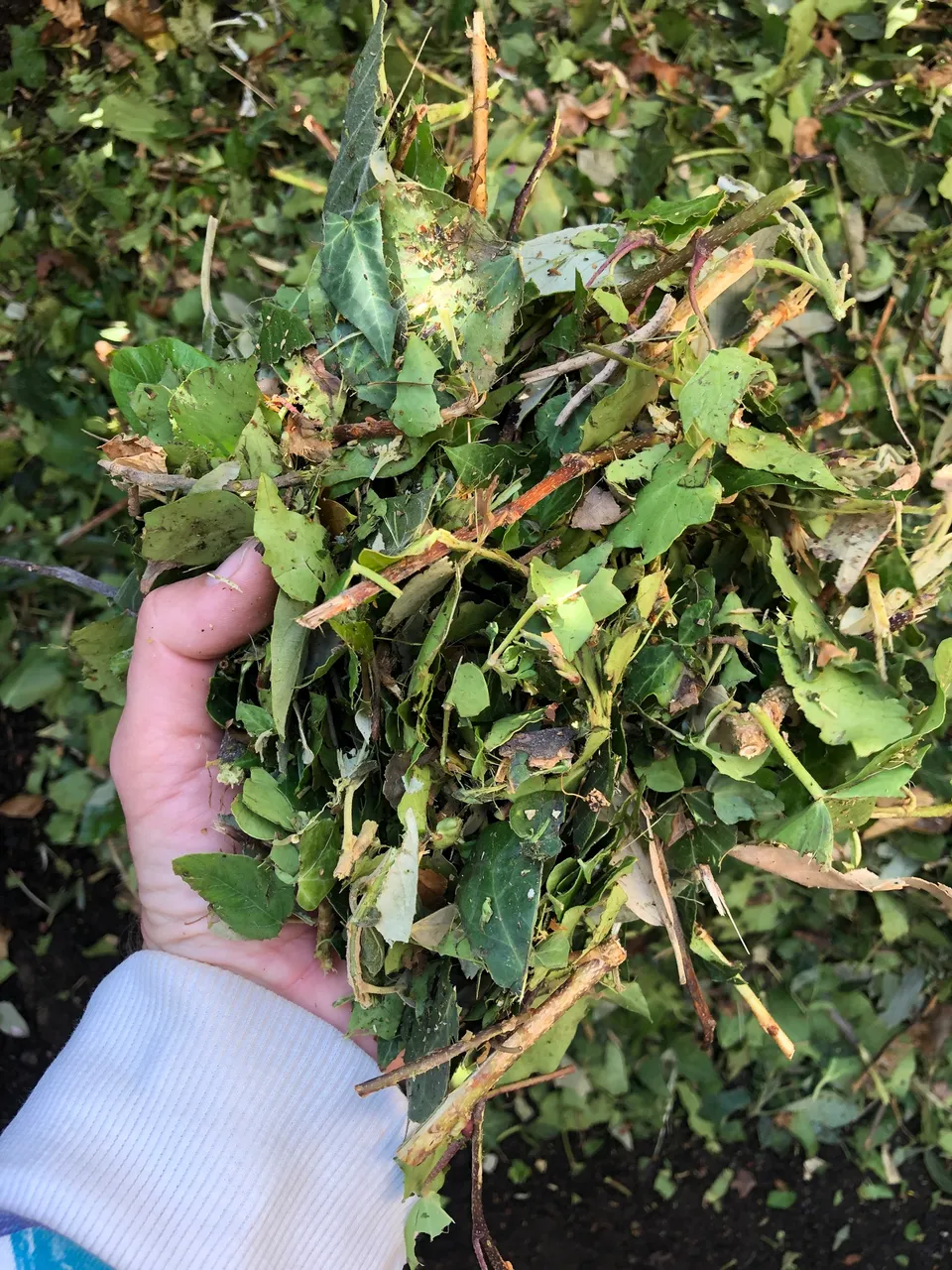
Take a lawnmower, if you have one, and chop the leaves and other garden waste into smaller pieces.
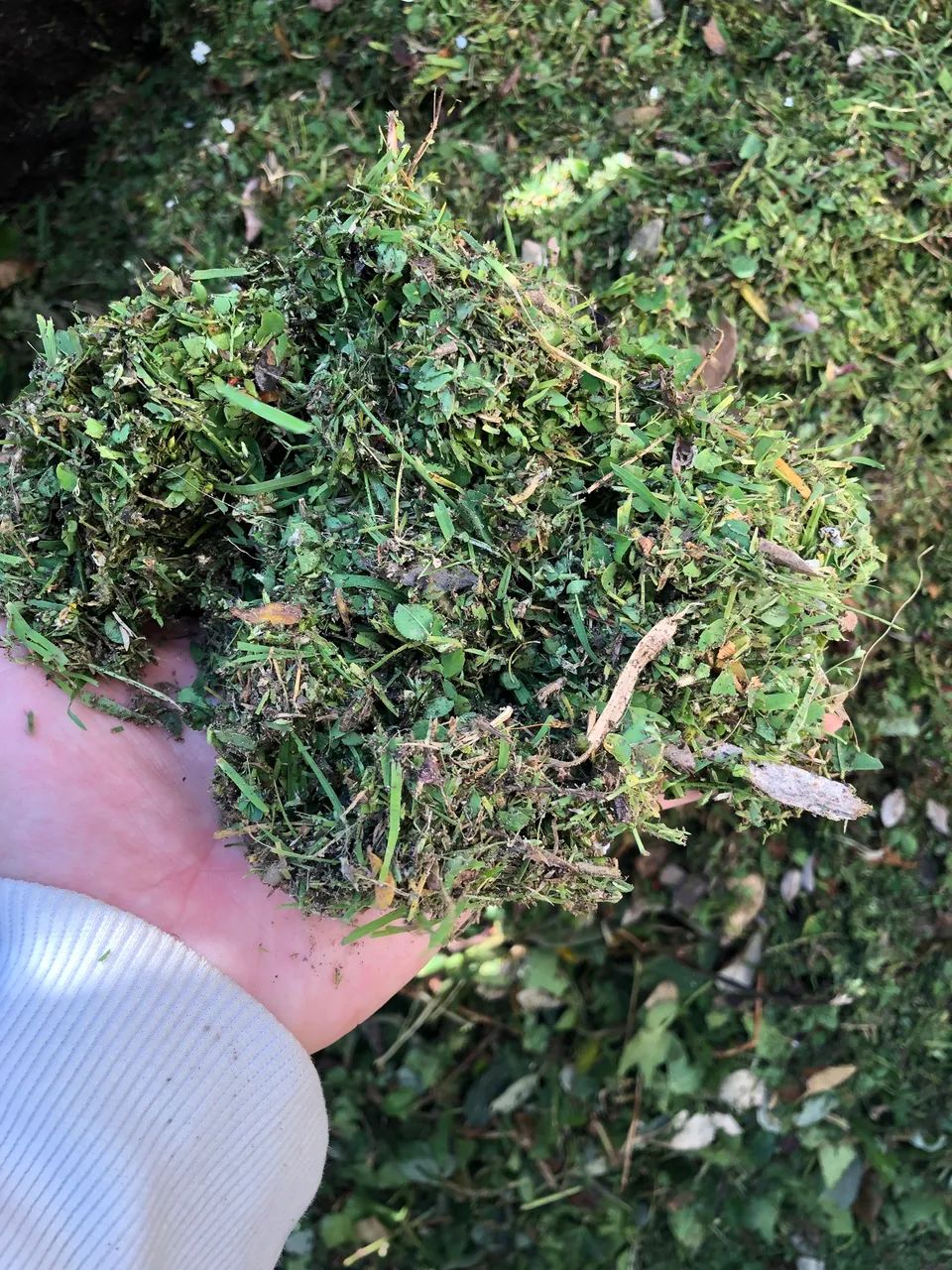
If you had some pizza (not very healthy) tear the boxes into smaller pieces. Are you a baker? Tear the paper packaging into smaller pieces. Collect all your kitchens scraps, coffee grounds and tea leaves.
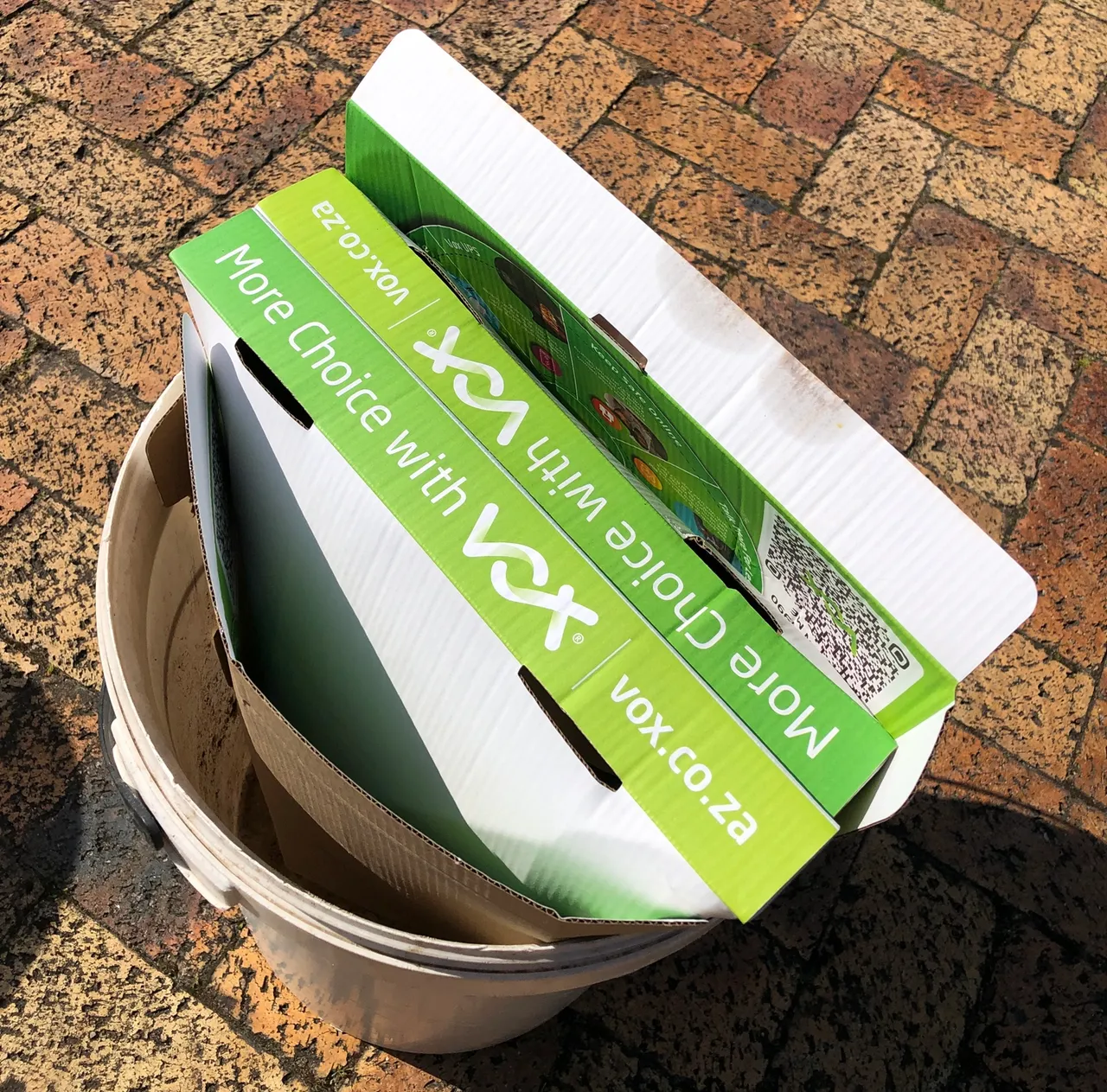
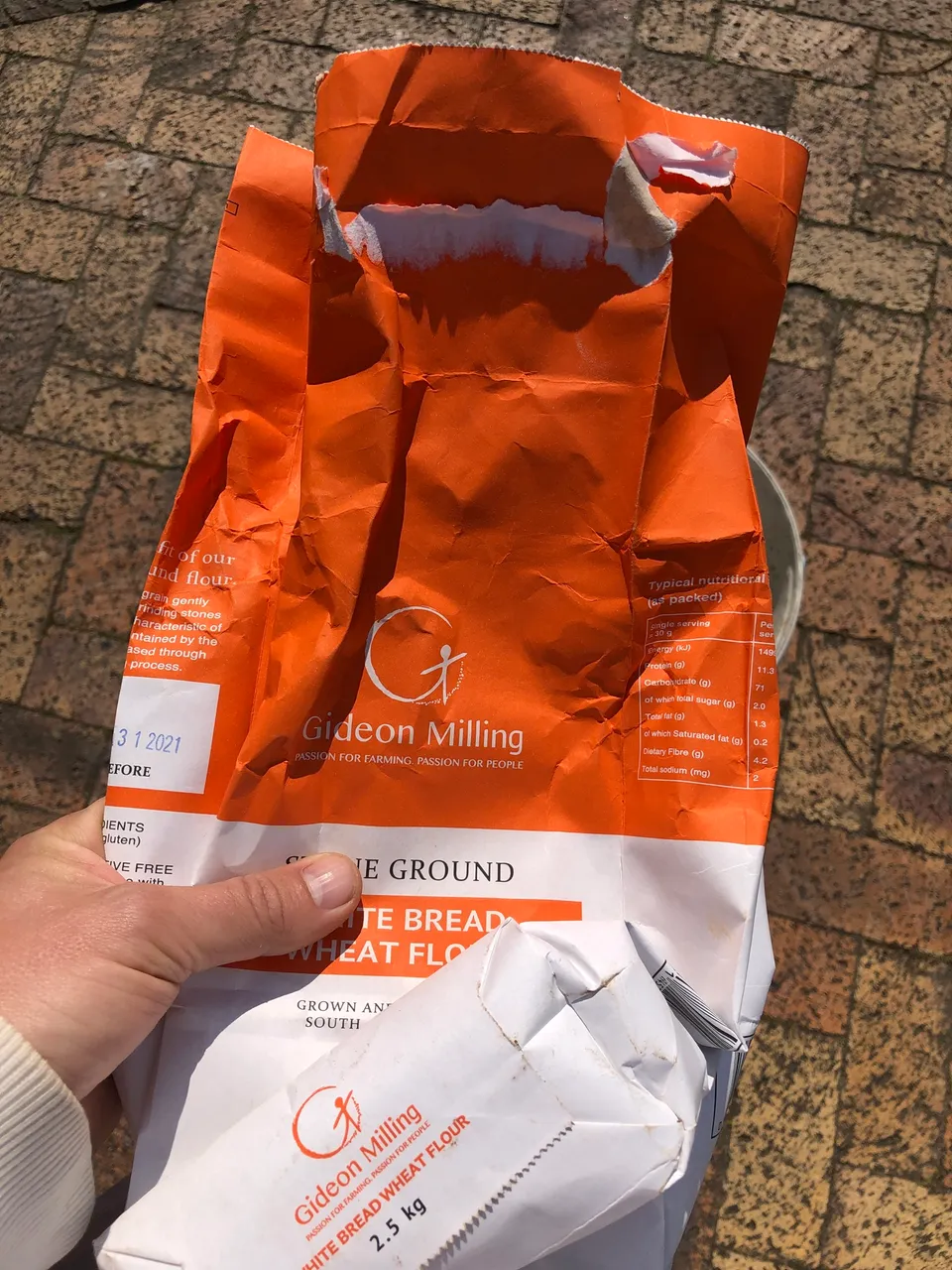
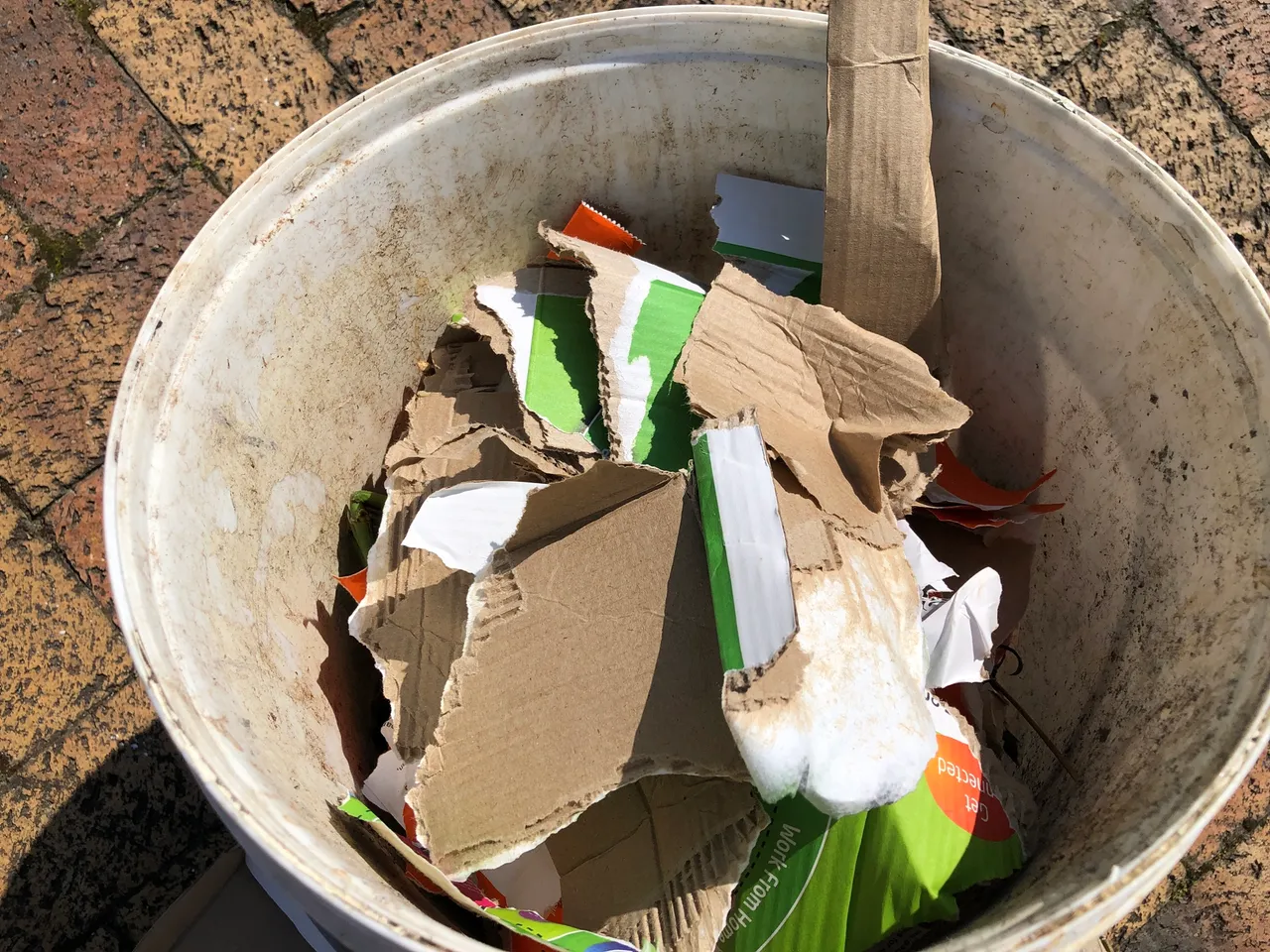
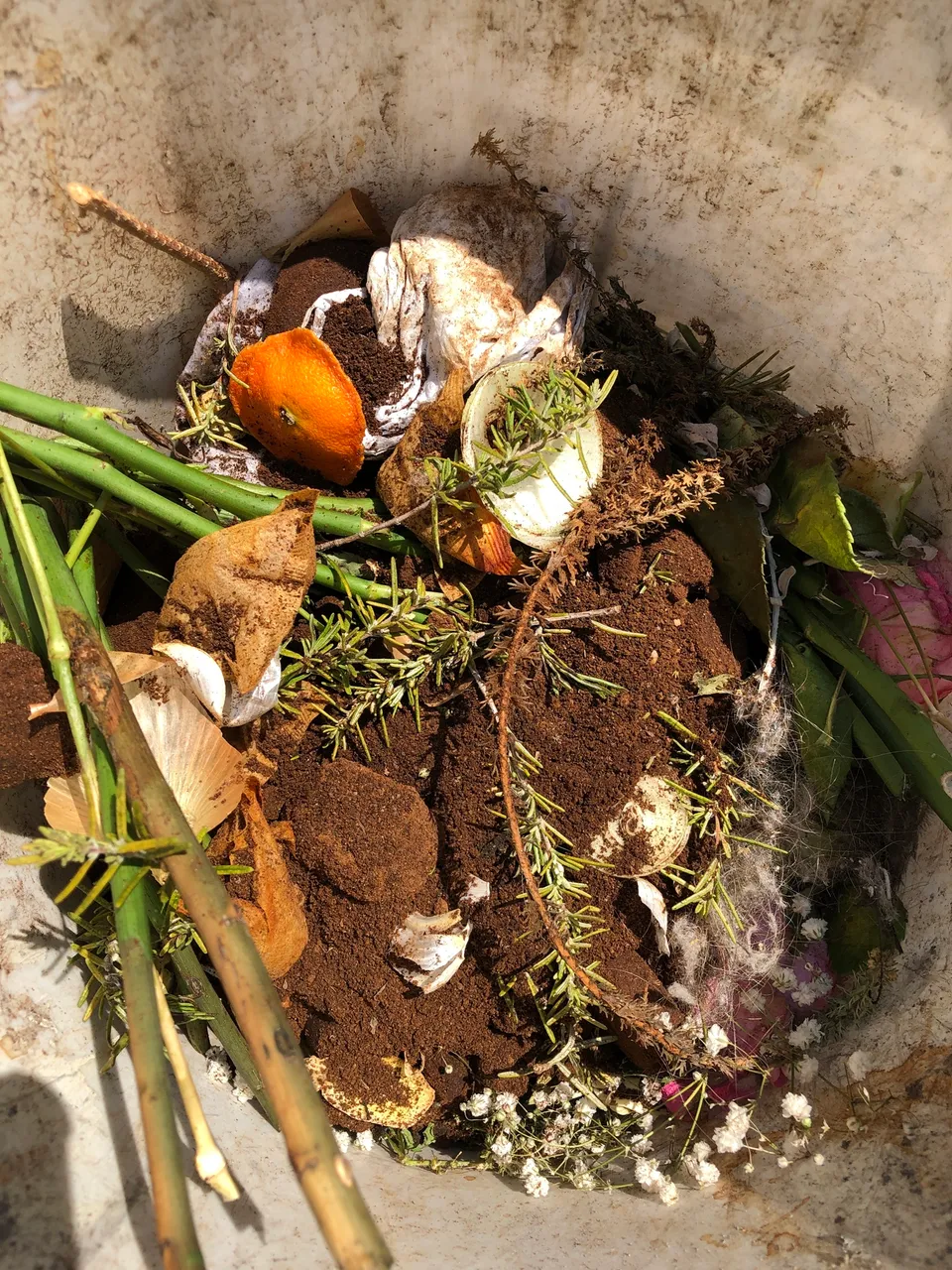
The six phases approach to my composting:
The first phase: You will see the things starting to break down.
The second phase: Things will heat up considerably.
The third phase: There will be no new material to decompose and break down.
The fourth phase: Sift out larger pieces that did not break down, add this to the new compost heap.
The fifth phase: Mature the sifted compost for a couple of days/weeks, make sure it stays at a constant cool temperature.
The sixth phase: Use your compost as you see fit.
Composting for Mental Health, Soil Health, and Physical Health
Composting to me is not really about having compost, yes it is important and valuable, but for me the true value in composting lies in mental health, soil health, and physical health. Let me explain.
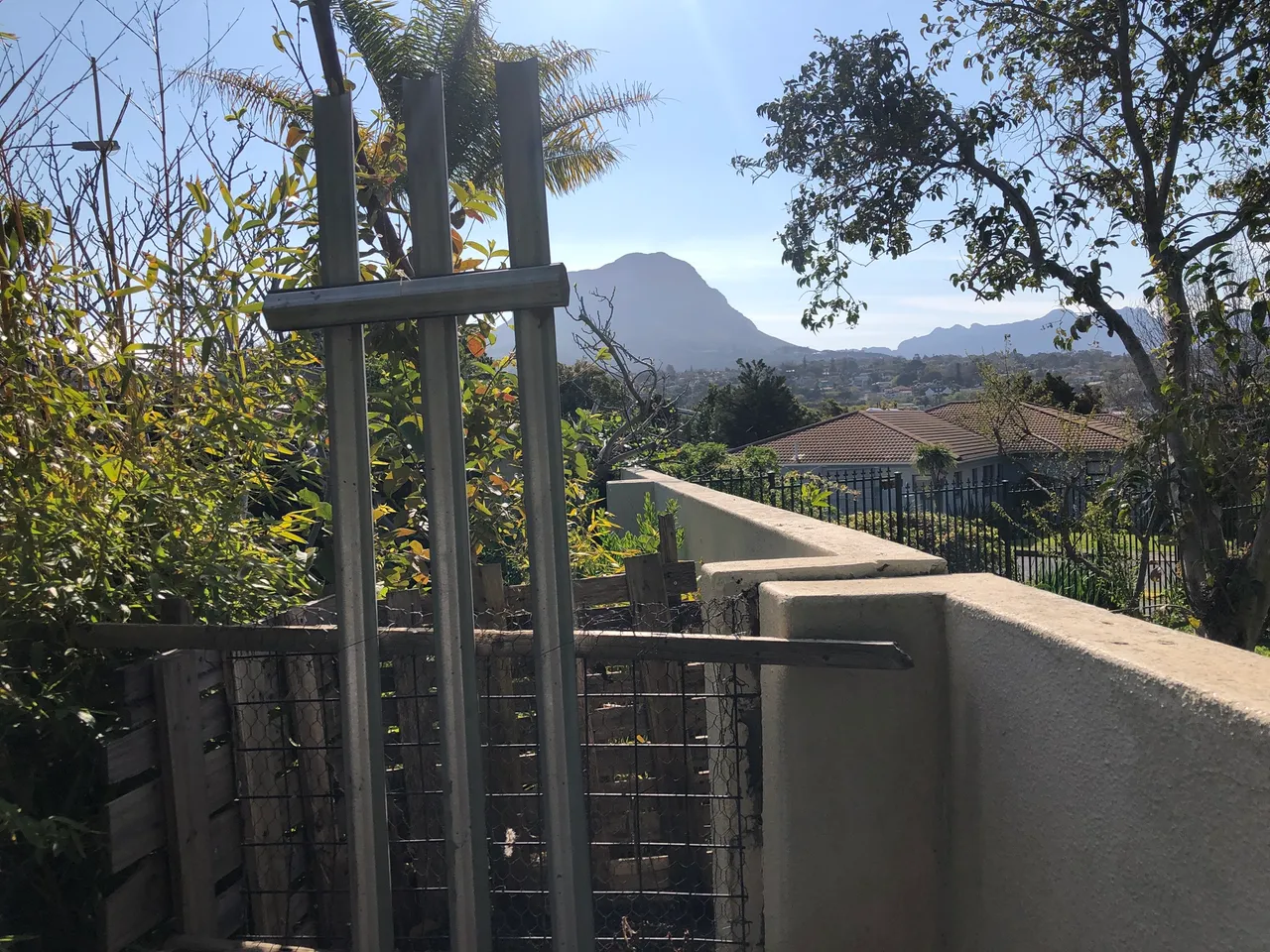
(This is my view whilst I work in the compost. Good for the soul.)
Soil health is an obvious reason why most gardeners compost. It is good for the existing soil, or it can heal "dead" soil. Compost is full of micro-organisms, bugs, worms, and it is generally just "alive". This will help plants, and there are various scientific reasons for this. This is important as modern agriculture takes a different approach to soil health, that is they in some sense disregard it. But I am not going down that path now, instead, I want to make the claim that composting is good for your mental and physical health.
I canceled my gym membership in 2019. It got expensive, and I started to work in the compost heap almost every day. The physical exercise of turning the compost was really good. I regularly clock a 45-minute workout, I sweat like I ran for 45 minutes, and the heavy lifting is good for some muscle stimulation. I know this is not targeting every muscle, and you need a full workout plan that might require a gym, but I get free exercise in the compost and it adds value. I feel so much better lifting a shovel of decomposing matter than standing in front of a mirror lifting weights.
And this is where mental health comes in as well. For me personally, it is better to work in the garden than going to the gym or to go to the beach or malls. I feel the spiritual and soul growth that gardening gives me. And composting is one element of it. Seeing flowers and plants grow because of the compost you made, makes me feel connected to nature; I think most people suffer from a disconnection from nature. This is all oversimplified, but I think we need to get the connection back again.
And one way I feel I can make a better impact regarding the connection to nature is to grow my own food. This is compost I made in 2020:
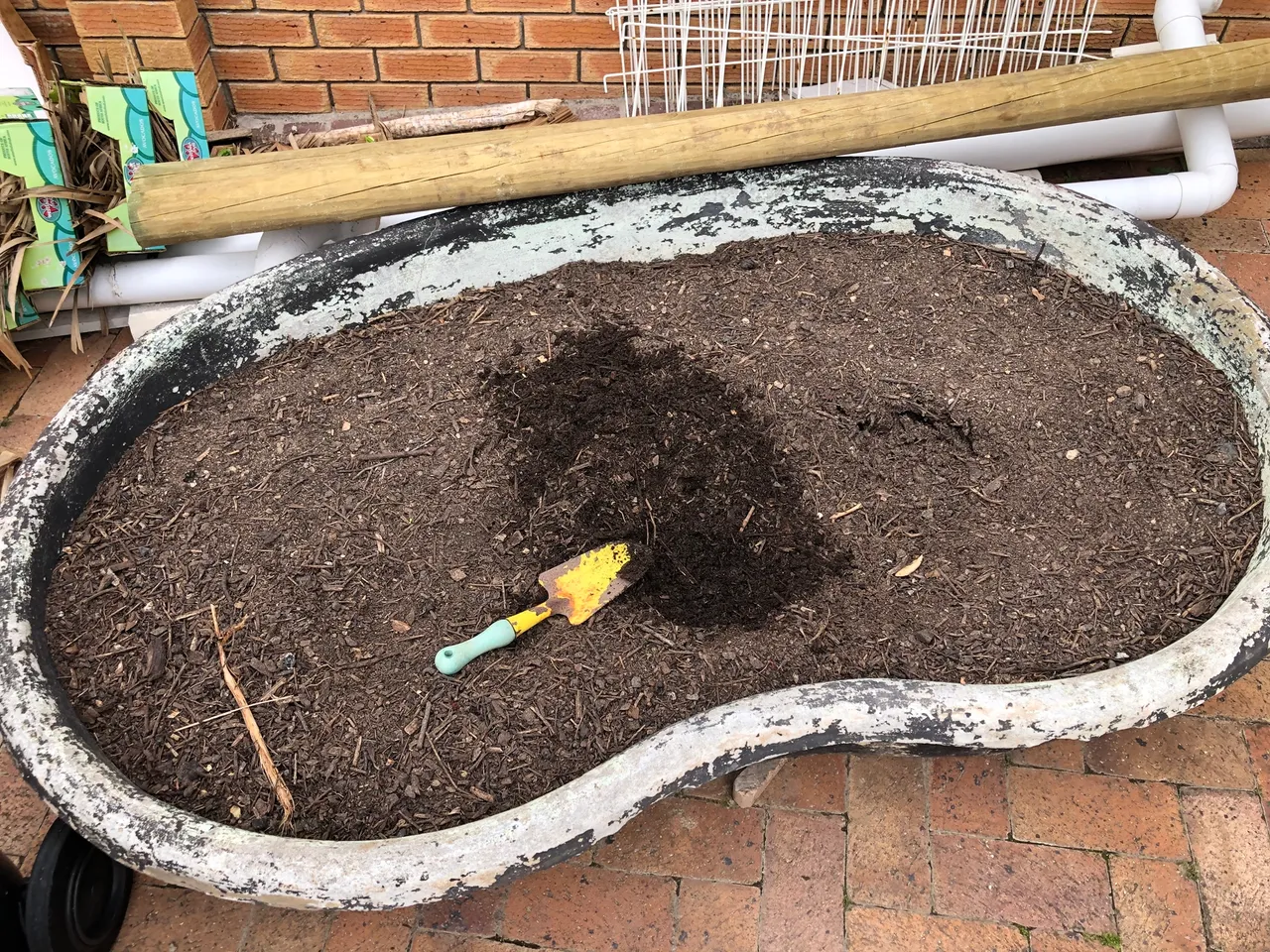
This is spinach I have grown in that batch of compost for over a year now.
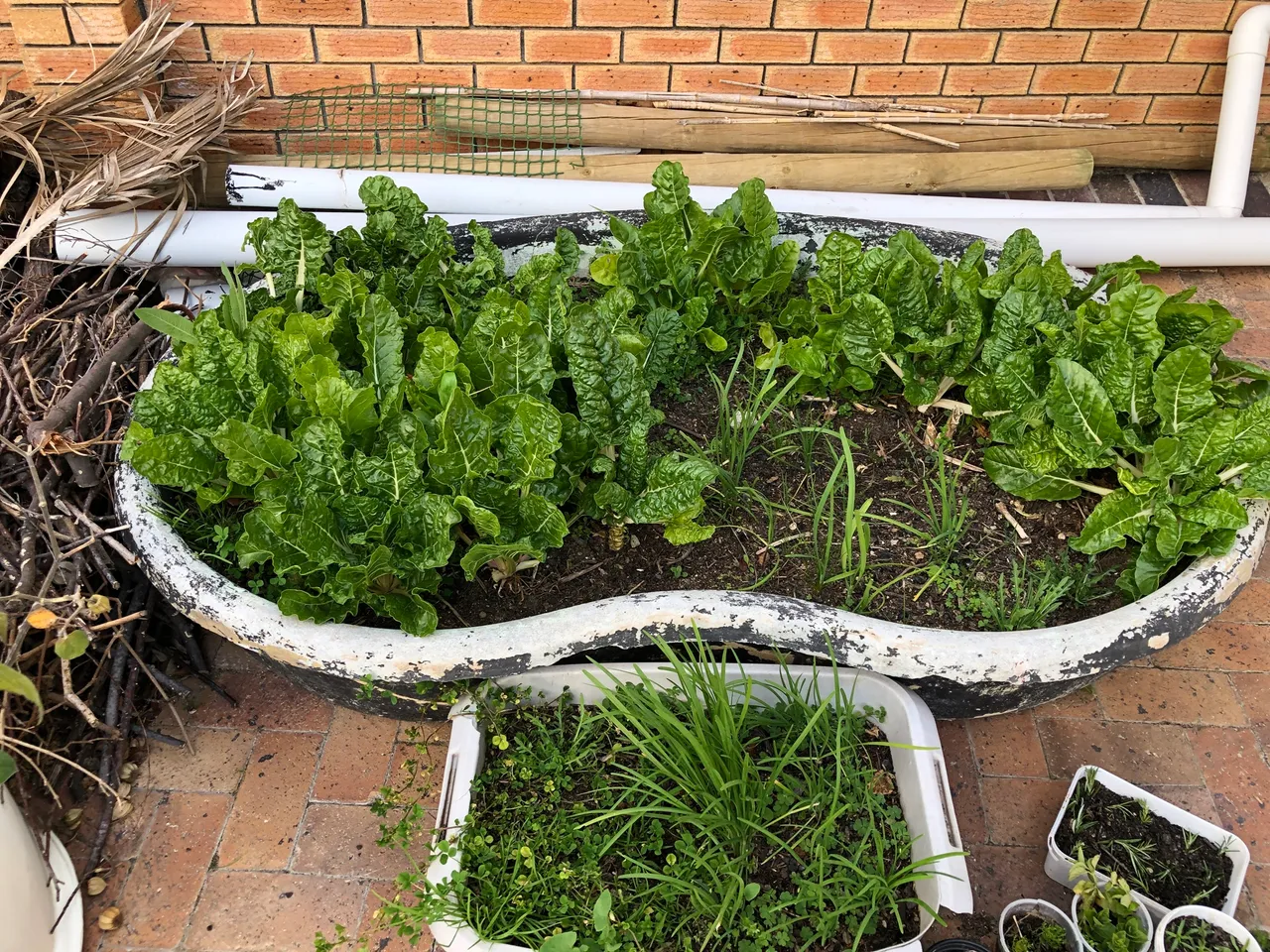
It heals me to eat things I have grown in a medium that I made. There is something primal in that it connects you to nature. I hope that you found this informative. All the images are taken by me on an iPhone. If you read this far, thank you! Please let me know in the comments if you make your own compost, and if you do, what lessons you have learned. Stay safe.